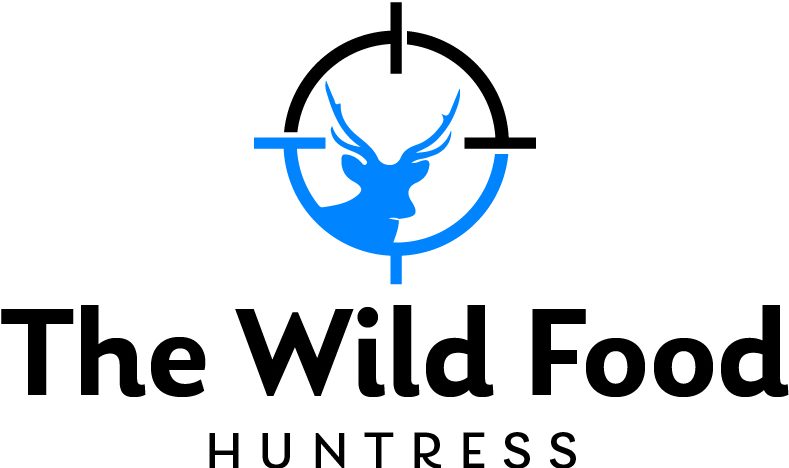In the 2002 My Big Fat Greek Wedding, the main character, Toula, introduces her fiancee to her Aunt, explaining that he is a vegetarian. When the Aunt asks him what it means, he replies, “It means that I don’t consume any meat.” She is shocked and says, “What do that mean?” Then she pats his shoulder and says, “That’s okay, that’s fine, I cook lamb.”
It’s not my intention to ruin the joke, but lamb is indeed Meat. Toula’s Aunt might be right. In our day of meatless nuggets and faux hamburgers that “bleed,” Toula may have a valid point. What are you saying? What is Meat in today’s world?
What is Meat?
Meat was not about solid food versus drink but animal vs. vegetables.
The Meat from a nut or fruit still retains some of its original meaning.
What is the legal definition of Meat in the US?
Meat is a legal term that has a more specific meaning. The United States Department of Agriculture defined Meat as follows: …the edible part of the muscle of an animal that is skeletal or found in the tongue or diaphragm or heart or esophagus and is intended for food. This definition was updated by the USDA in 1994 to include products “derived using advanced meat/bone-separation machinery which are comparable in appearance texture and composition to meat trims and similar products derived manually.”
USDA has yet to specify plant-based products that imitate Meat.
During the 2000s, as vegetarians and Vegans grew in number, plant-based meat products became increasingly popular. Stores sell everything today, from fake meatballs to Beyond Meat Burgers that “bleed” beet juice. Researchers are working on the first lab-grown Meat, or Clean Meat, as the Good Food Institute would like to call it. Many ranchers are nervous about these new products and insist that we not call them Meat.
According to the New York Times in February 2019, beef and farming workers in at least twelve states have lobbied legislators to draft bills making it illegal to refer to burgers and other sausages made from plant-based or lab-grown ingredients as Meat. These bills follow a Missouri law passed in May 2018 that banned the use of Meat for any lab- or plant-based meat alternative.
This brings us to a second tricky category: dairy.
What about other “fake foods”?
The popularity of plant-based copies isn’t just a concern for meat producers. A group of dairy farmers who were accused of misleading labels by Blue Almond Growers for calling their products almond Milk lost a legal battle in 2017.
The word milk, which is derived from a Germanic root, was first recorded in Old English.
The US Court of Appeals, Ninth Circuit, ruled in 2018 that the labeling of almond Milk as Milk was not misleading because “no consumer would be misled” by the defendant’s unambiguous labels or factually accurate nutritional statements.
Dairy farmers hope that the FDA will release new guidelines to define what can be called Milk.
Who decides what food to call?
The argument that consumers might be confused if they see Meat and dairy as foods made from plants is more persuasive in Europe.
In 2017, the European Court of Justice ruled that plant-based food cannot be called butter or dairy. In 2018, France also passed legislation that prohibited specific labels (such as beef) from being used on plant-based food.
Money seems to be the driving force behind the US push to define Meat and Milk. Sarah Sorscher of the Center for Science in the Public Interest told the New York Times in February 2019 that there was little evidence to suggest consumers were confused by the labels on the products. Instead, meat producers worry that lab-grown Meat and plant-based products could be a cheaper alternative to their products. The regulation of Meat could be more about maintaining control over labeling and forcing competitors to change their products and marketing.
The $13.7 billion industry of plant-based foods is not likely to overtake the $270 billion meat industry (in 2017). However, the increase in sales of meat alternatives (4.7% per year from 2012 to 2017) does indicate that consumers are becoming more interested in plant-based products.
The meat industry also harms our environment and health when consumed in large quantities, as it is in most American diets. The meat industry will not change the labeling of meatless burgers because consumers are purchasing them for a reason.


